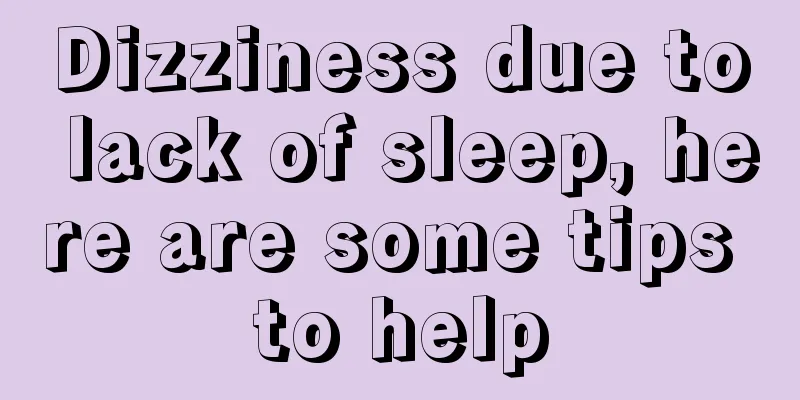Myotonic dystrophy mainly has these manifestations

|
When it comes to myotonic dystrophy, many people may not be particularly clear about it, but the incidence of this disease is still relatively high, and people of all ages may suffer from it. So what are its symptoms and signs? Please follow the editor. 1. Myotonic dystrophy type 1 usually develops symptoms in the 30s or 40s, affects more men than women, and has more severe symptoms. The main symptoms are muscle weakness, muscle atrophy and muscle rigidity, with the first two symptoms being more prominent. Muscle weakness is seen in skeletal muscles throughout the body, with weakness of the forearm and hand muscles accompanied by muscle atrophy and rigidity, foot drop and straddle-threshold gait, difficulty walking and easy falls; some patients have dysarthria and dysphagia. Muscular atrophy often affects the facial muscles, masseter muscles, temporalis muscles and sternocleidomastoid muscles. The patient has a long and thin face, prominent cheekbones, an axe-shaped face, and a long and slightly forward neck. Myotonia often occurs several years before or at the same time as muscular atrophy. Its distribution is not as extensive as congenital myotonia and is limited to the muscles of the upper limbs, face and tongue. 2. Occasionally, patients with myotonic dystrophy type 2 have clinical manifestations similar to those of myotonic dystrophy, but without the repetitive expansion of the myotonic protein kinase gene. The clinical features are similar to those of MD1, with significant weakness and atrophy of the distal limb muscles, facial muscles, and sternocleidomastoid muscles, accompanied by muscle rigidity. There may also be cataracts, frontal baldness, testicular atrophy, diabetes, heart abnormalities, and intellectual abnormalities. 3. Proximal myotonic myopathy presents with muscle rigidity, predominantly proximal muscle weakness and cataracts. The course of the disease is not as severe as MD1. Variants with severe muscle involvement and hearing loss have also been reported. There is no effective treatment for this disease, and treatment is symptomatic. Myotonia can be treated with membrane system stabilizing drugs, which can promote sodium pump activity, reduce intramembrane sodium ion concentration, increase resting potential, and improve myotonia; such as quinine sulfate, 300-400 mg, 3 times/d; procainamide 0.5-1g, 4 times/d; phenytoin 0.1g, 3 times/d; phenytoin may be the first choice for myotonic dystrophy because other drugs have adverse effects on cardiac conduction. |
<<: The main manifestations of overnutrition are these
>>: Progressive muscular dystrophy, clinical symptoms
Recommend
Traditional Chinese medicine is a very good method for treating lung tumors
Traditional Chinese medicine is a very good metho...
What are the symptoms of advanced esophageal cancer?
In recent years, esophageal cancer has become a m...
How to cover thyroid cancer scars better
Thyroid cancer surgical scars can generally be co...
Where is ginger most effective?
Many people say that ginger is a yang-boosting pr...
Symptoms of prostate cancer bone metastasis
Among male diseases, prostate disease is the most...
What is the reason why a ten-year-old child gets bone cancer
The causes of bone cancer in ten-year-old childre...
What are the common symptoms of lung cancer
What are the common symptoms of lung cancer? 1. T...
Can toothpaste remove acne? Might as well do this
When you get some pimples, many methods cannot qu...
How to check the effectiveness of blocking antibodies
Blocking antibodies should be scientifically exam...
There is a mole in the hair
Many people think that moles on their faces affec...
How to massage to remove dark circles
Nowadays, basically many young people have the ha...
Are red bumps on the body AIDS?
AIDS is a daunting disease. His horror has been d...
What to do if there is half a pepper in the lungs causing inflammation
Normally when we eat, we may accidentally inhale ...
Symptoms of fungal esophagitis
Fungal esophagitis is a special type of esophagit...
Mental conditioning is one of the ways to prevent bone cancer
For unexplained bone pain, the possible cause sho...









